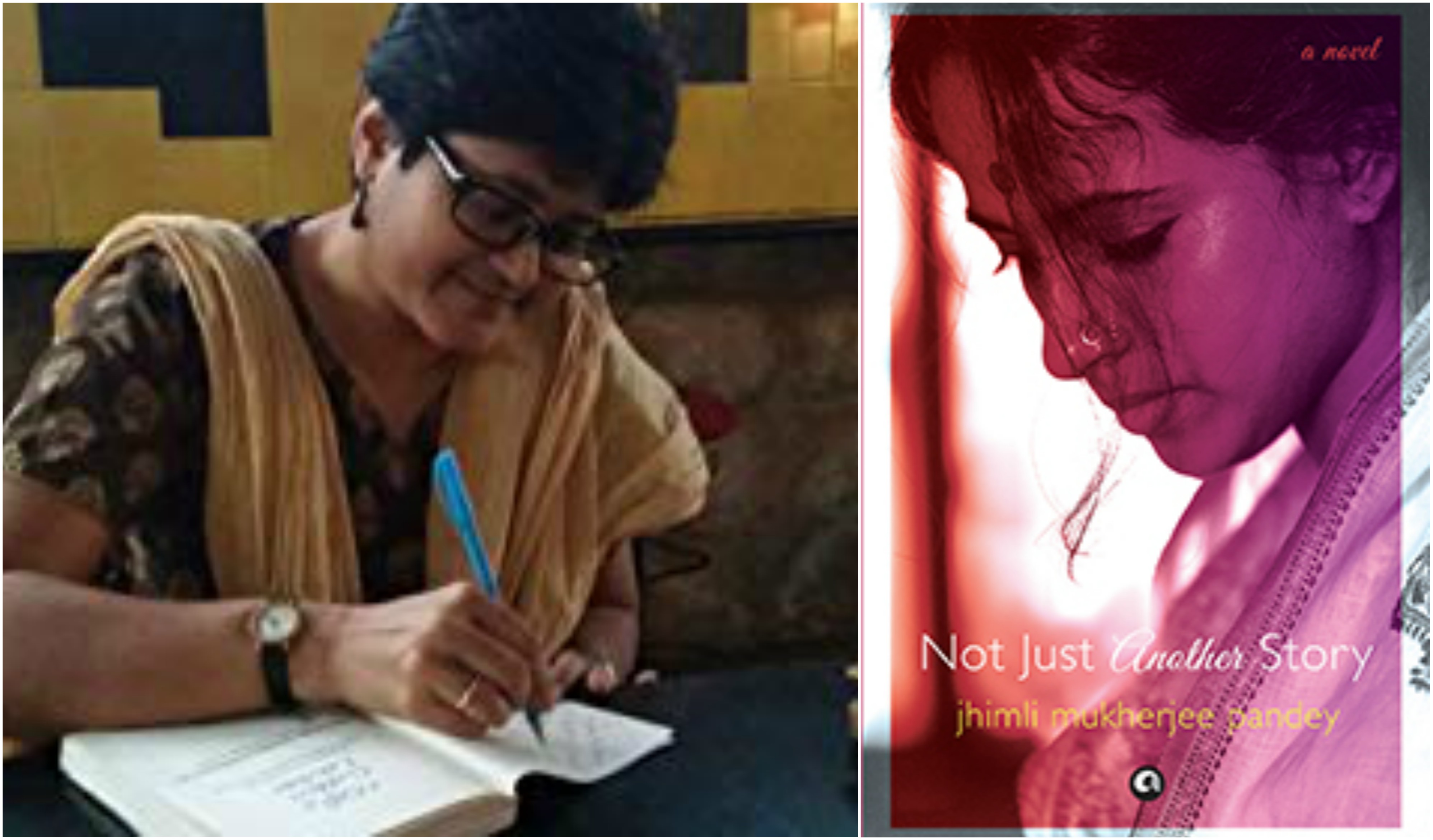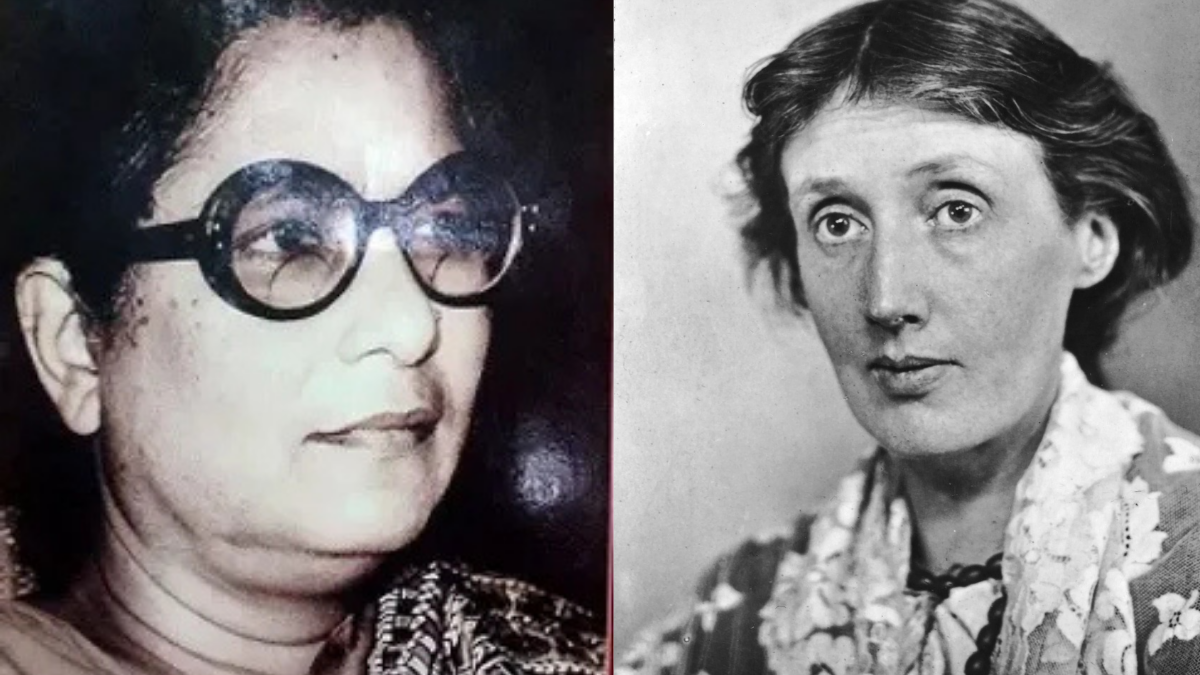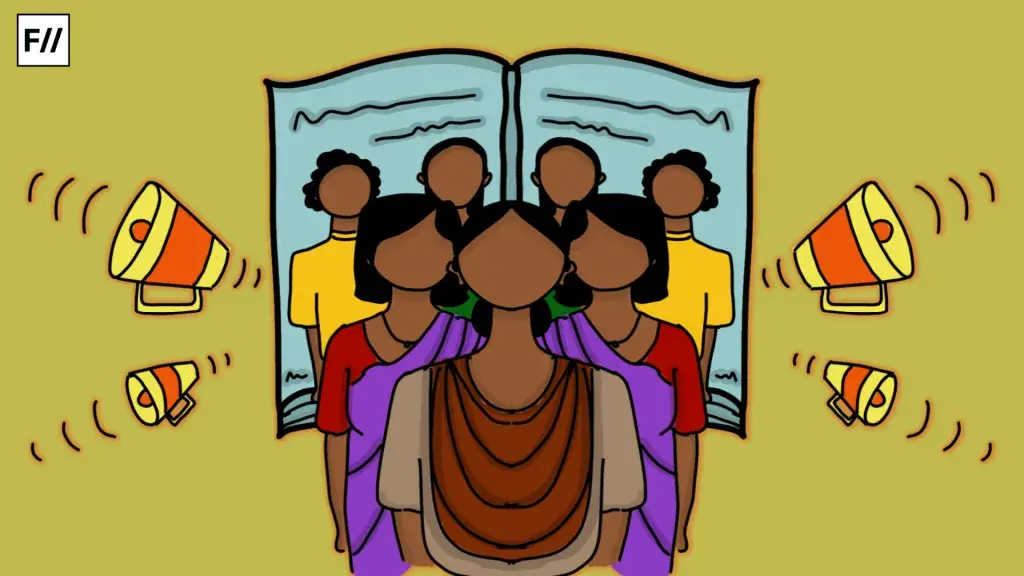Starting in a non-discreet village of the then-East-Pakistan, Not Just Another Story takes us through the story of three generations of women with a riveting climax that ends in Salt Lake City, Kolkata. It is not a thriller or a whodunit, there is no mystery in it too. However, there is a certain magnetic charm the story of Lakshmi has that ensures a reader is glued to it till the last page. With an eye-catching cover, this book looks promising enough to be compared with Nobody Loves you by Mayank Austen Soofi based on Delhi’s red-light area.
Jhimli Mukherjee Pandey has been a journalist for over two decades now with an illustrious trajectory of work. She also is a writer and a translator. As she states in the acknowledgements of this book,
Review
Prostitution has been accepted as a part of our society since time immemorial. From nautch girls, to consorts to today’s call girls and escorts, the names might vary but the fact remains the same – women have been sought after for physical gratification in lieu of money and other compensations.
Not Just Another Story is the story of Lakshmi who has now renamed herself as Anjali. It is the story of Saraju. It is the story of Malati. It is the story of Golapi. It is the story of every woman out there who has had to resort to prostitution not by choice but because she was left with no other choice.
Not Just Another Story is the story of Lakshmi who has now renamed herself as Anjali. It is the story of Saraju. It is the story of Malati. It is the story of Golapi. It is the story of every woman out there who has had to resort to prostitution not by choice but because she was left with no other choice. Like usual stories, these women were also forced to enter prostitution by people they trusted. They were lured in a typical style, with a promise of a happily-ever-after, a better tomorrow, a good time and later abandoned at a brothel. This is story of Sonagachi, the infamous red-light area of Kolkata where a lot of Anjalis and Malatis are still leading a life which is marred with pain every day and have accepted it as their existence. The location, conversely, has little or almost no role to play. These women could have been in any other city and their stories would still have been gut-wrenching.
The story begins with prologue written in the first person where a journalist who had worked previously with people who lived in Sonagachi. So, when Slumdog Millionaire swept the Oscars, her boss asked her to track a bunch of kids who had been featured in a documentary made on their lives. That is how she lands up at Anjali’s doorsteps. The rest of the story is narrated in third person tracing the life journey of Anjali, her mother and her grandmother.
With beautiful descriptions and an evocative narrative, Mukherjee manages to move you beyond words as she portrays the life of a sex-worker’s child. There are moments when you feel life has given her an opportunity to break free from this cycle of pain and apathy but they are short lived. Anjali as a character is heart-warming, they way she talks about her own life, its struggles and the choices she made to be make you feel proud of her. By the time you reach the end of the book, you are almost rooting for her.
Also read: Book Review: Pyre By Perumal Murugan
Through her words and stunning imagery, she makes a small village in East-Pakistan come alive with those familiar and affable characters woven in the intricate storyline. You are drawn to them, their lives and when they go through sorrow, you feel bad for them. The overall tone is unapologetic and that is something that makes this story all the more endearing. The characters are nonchalant about their decisions in life and share their life story in a matter of fact tone.
However, this story does raise some very important questions – Why can’t prostitution be legalized in India? Why can’t they be given rights to better living facilities, retirement benefits with a pension and medical options?
Thoughts
However, this story does raise some very important questions – Why can’t prostitution be legalized in India? Why can’t they be given rights to better living facilities, retirement benefits with a pension and medical options? Why don’t they have access to better health care?
They have already been a recognized part of the society for years now, it is high time the government does something for them. If this happens, perhaps many other children like Anjali will not be forced into prostitution by their mothers for the lack of income. Though there are many NGOs and other sectors which are working for their betterment however, there is much more than can be done in this regard.
Also read: Book Review: The Apology By Eve Ensler
Conclusion
Though the author says it is a piece of fiction, a fragment of her imagination, the possibility of this being someone’s story cannot be ruled out. This book is the need of the hour. It is high time the government wakes up to the apathy under which these women survive with their children. They need to take stringent action on it on an immediate basis and ensure a decent lifestyle for them.
About the author(s)
Namrata is a lost wanderer who loves travelling the length and breadth of the world. She lives amidst sepia toned walls, fuchsia curtains, fairy lights and shelves full of books. When not buried between the pages of a book, she loves blowing soap bubbles. A published author she enjoys capturing the magic of life in her words and is always in pursuit of a new country and a new story.




